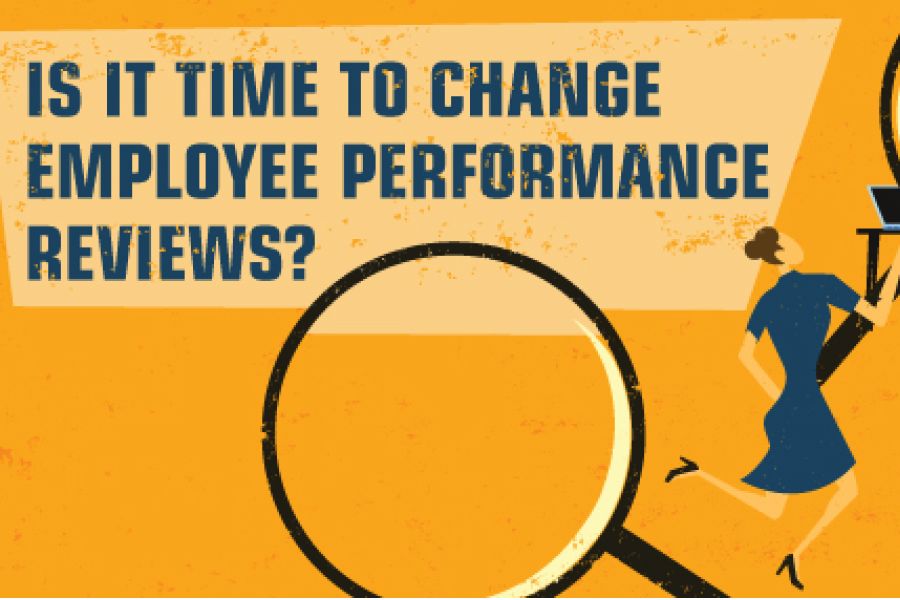(This is Blog Post #743)...

As you’ve probably heard, a new law was recently passed with a wide range of retirement plan changes for employers and individuals. One of the provisions of the SECURE Act involves a new requirement for employers that sponsor tax-favored defined contribution retirement plans that are subject to ERISA. Soon, employers must disclose retirement income to employees. Specifically, the law will require that the benefit statements sent to plan participants include a lifetime income disclosure at least once during any 12-month period. The disclosure will need to illustrate the monthly payments that an employee would receive if the total account balance were used to provide lifetime income streams, including a single life annuity and a qualified joint and survivor annuity for the participant and the participant’s surviving...
If you reside in a high-tax state, you may want to want to use nongrantor trusts to bypass the SALT deduction limit (the $10,000 federal limit on State And Local Tax deductions. The limit can significantly reduce itemized deductions if your state income and property taxes are well over $10,000. A potential strategy for avoiding the limit is to transfer interests in real estate to several nongrantor trusts, each of which enjoys its own $10,000 SALT deduction. Grantor vs. nongrantor trusts The main difference between a grantor and nongrantor trust is that a grantor trust is treated as your alter ego for tax purposes, while a nongrantor trust is treated as a separate entity. Traditionally, grantor trusts have been the vehicle of choice for estate planning purposes...
A significant law was recently passed that adds tax breaks and makes changes to employer-provided retirement plans. If your small business has a current plan for employees or if you’re thinking about adding one, you should familiarize yourself with the new rules. The Setting Every Community Up for Retirement Enhancement Act (SECURE Act) was signed into law on December 20, 2019 as part of a larger spending bill. Here are three provisions of interest to small businesses which helps secure employees retirement. Employers that are unrelated will be able to join together to create one retirement plan Beginning in 2021, new rules will make it easier to create and maintain a multiple employer plan (MEP). A MEP is a single plan operated by two or more unrelated employers....
You may already know how CPAs can help businesses uncover and prevent fraud. But what about when a fraud incident leads to civil litigation? Don't contemplate fraud litigation without an experienced CPA that can help your legal team collect and summarize complex financial documents and reconstruct lost or stolen records. CPAs can also serve as expert witnesses in court. From investigator to expert witness As a fraud investigation becomes a fraud case, CPAs can help identify critical evidence. They may also be enlisted to analyze and translate financial data for attorneys, insurers and other parties. These financial experts can be equally valuable with depositions by helping to frame questions that attorneys ask witnesses. They also are skilled at spotting inconsistencies and flaws in witness testimony. Once a case...
While you were celebrating the holidays, you may not have noticed that Congress passed a law with a grab bag of provisions that provide tax relief to businesses and employers. The “Further Consolidated Appropriations Act, 2020” was signed into law on December 20, 2019. It makes many changes to the tax code, including an extension (generally through 2020) of more than 30 provisions that were set to expire or already expired. Two other laws were passed as part of the law (The Taxpayer Certainty and Disaster Tax Relief Act of 2019 and the Setting Every Community Up for Retirement Enhancement Act). Here are five highlights of tax laws passed at year-end. Long-term part-timers can participate in 401(k)s Under current law, employers generally can exclude part-time employees (those who work...
The Tax Cuts and Jobs Act (TCJA) created a new program to encourage investment in economically distressed areas through generous tax incentives. The Qualified Opportunity Zone (QOZ) program relies on investments in Qualified Opportunity Funds (QOFs) — funds that can provide wealthy taxpayers with some new avenues for estate planning. 3 big tax benefits Investors in QOFs stand to reap three significant tax breaks: They can defer capital gains on the disposition of appreciated property by reinvesting the gains in a QOF within 180 days of disposition. The tax is deferred until the QOF investment is sold or Dec. 31, 2026, whichever is earlier. Depending on how long they hold their QOF investment, they can eliminate 10% to 15% of the tax. After 10 years, post-acquisition appreciation...
In its 2018 decision in South Dakota v. Wayfair, the U.S. Supreme Court upheld South Dakota’s “economic nexus” statute, expanding the power of states to collect sales tax from remote sellers. Today, nearly every state with a sales tax has enacted a similar law, so if your company does business across state lines, it’s a good idea to reexamine your post-Wayfair sales tax obligations. What’s nexus? A state is constitutionally prohibited from taxing business activities unless those activities have a substantial “nexus,” or connection, with the state. Before Wayfair, simply selling to customers in a state wasn’t enough to establish nexus. The business also had to have a physical presence in the state, such as offices, retail stores, manufacturing or distribution facilities, or sales reps. In Wayfair, the...
(This is Blog Post #718)...
Like many sectors of the economy, the healthcare industry regularly suffers data breaches. Healthcare data breaches can threaten your financial well-being. Healthcare analytics company Protenus has found that nearly 32 million patient records were breached between January and June 2019 alone. Alarmed? You should be. However, there are steps you can take to reduce the risk that thieves will get a hold of your medical records and use them for nefarious purposes. Why they’re valuable Unlike other types of personal data, healthcare records command a hefty premium on the black market. That’s at least partly because criminals can potentially use information about an individual’s health to blackmail him or her. Also, stolen medical records include valuable details about people’s identities. In fact, there’s usually enough information in medical files...











